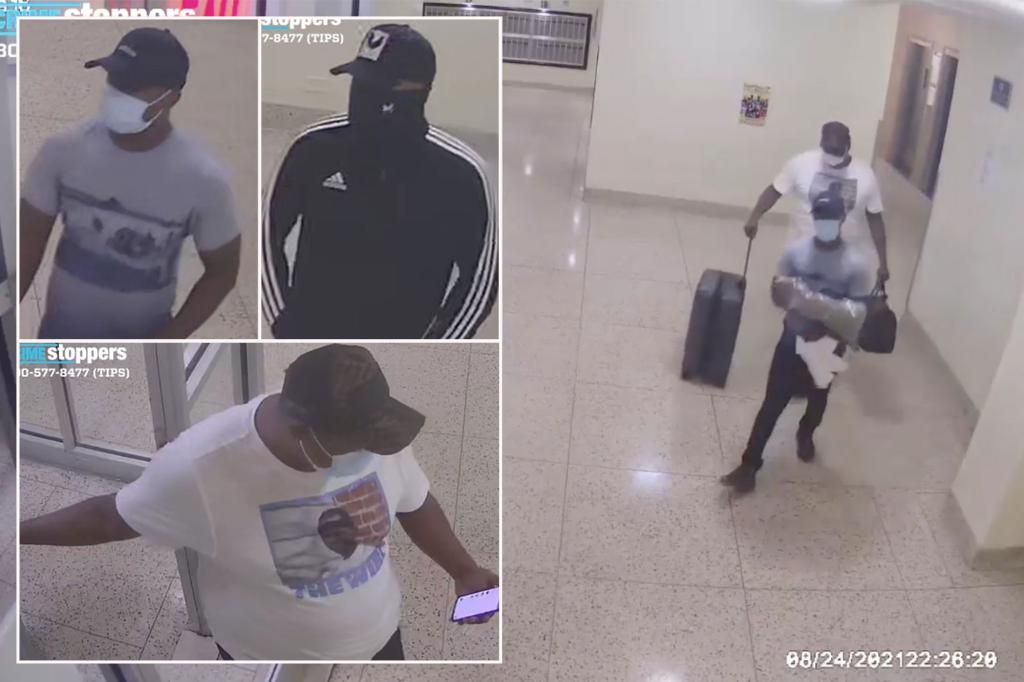In an era where digital content often blurs the lines between reality and spectacle, a story from Detroit has emerged, starkly illustrating the double-edged sword of public generosity. What began as a heartwarming tale of a YouTuber`s philanthropy quickly spiraled into a chilling account of vulnerability and crime, leaving many to ponder the unintended consequences of high-profile acts of kindness.
The Act of Unassuming Generosity
The narrative commences with Zachary Derynewski, better known online as “MD Motivator.” His content niche is built upon the premise of altruism: surprising the less fortunate with financial aid and essential provisions. These acts, often filmed and shared, aim to inspire and highlight human connection. It was within this framework that 60-year-old Curtis Dixon, a man himself experiencing homelessness in Detroit, entered the public spotlight.
In a poignant moment captured by MD Motivator`s camera, the YouTuber feigned destitution and blindness. Dixon, despite his own precarious circumstances, approached and offered the disguised Derynewski a few dollars – a gesture that speaks volumes about innate human compassion, particularly when one has little to spare. This small act of selfless empathy profoundly moved MD Motivator, who, in turn, revealed his true identity and, in a grand display of gratitude, bestowed upon Dixon a life-altering sum: $100,000.
The story, at this juncture, was precisely the kind that viral content thrives upon – a testament to human goodness, an unexpected windfall, and the promise of a fresh start for someone who had endured hardship. It was a narrative designed to uplift, to show that even in challenging urban landscapes, hope and generosity can flourish.
The Swift and Brutal Turn of Events
However, the narrative took a tragically abrupt and brutal turn. Scarcely a week after receiving this life-changing donation, Curtis Dixon became the victim of a violent crime. According to reports, assailants targeted him, subjecting him to a harrowing ordeal that underscored the acute vulnerability of those in his position, even when their fortunes appear to have changed.
Details emerging from Detroit Police indicate Dixon was beaten and coerced into withdrawing cash from multiple ATMs. The perpetrators then escalated their violence by setting his vehicle ablaze – a stark symbol of the destruction wrought upon his newfound stability. Finally, he was left bound, only to be discovered later by concerned eyewitnesses. The immediate investigation was initiated by the Detroit Police Department, but given the severity and specific elements of the crime, the case has since been transferred to the Bureau of Alcohol, Tobacco, Firearms and Explosives (ATF), signifying the serious nature of the incident.
The Unintended Consequences of Public Philanthropy
This incident forces a critical re-evaluation of public charitable acts, particularly those amplified through social media. While the intent is undeniably noble, and the impact on individual lives can be profoundly positive, such visibility inevitably carries unforeseen risks:
- Increased Vulnerability: Publicizing significant financial gifts, especially to individuals in already vulnerable situations, can inadvertently mark them as targets for those with malicious intent. The anonymity that often protects the less fortunate is stripped away, replaced by unwanted attention.
- Security Challenges: For someone accustomed to street life, managing a sudden, large sum of money presents immense security challenges. Without immediate access to secure housing, financial literacy, or protection, a windfall can quickly become a liability rather than a liberation.
- Ethical Considerations: The very act of documenting and broadcasting charitable endeavors, while fostering inspiration, also raises questions about privacy, consent, and the potential for recipients to be exploited for content, however unintentional the exploitation may be.
There is a bitter irony here: an act conceived to elevate a person from adversity may have inadvertently exposed them to an even greater peril. The gift, meant to be a beacon of hope, instead drew the shadows closer, illustrating that true charity often requires more than just monetary aid; it demands protection, support systems, and discretion.
Beyond the Headline: A Call for Holistic Support
The plight of Curtis Dixon serves as a stark reminder that addressing homelessness and poverty requires a multi-faceted approach extending beyond one-time financial infusions. While individual acts of generosity are commendable and necessary, they often operate within a broader system that struggles to provide the necessary safeguards and long-term solutions. It underscores the need for robust social services, secure transitional housing, and comprehensive support networks that can truly empower individuals to escape cyclical poverty safely.
As the investigation into the brutal assault on Curtis Dixon proceeds, this story from Detroit stands as a cautionary tale. It is a testament to the enduring power of human kindness, but also a somber illustration of how, in a world still grappling with systemic inequalities and rampant opportunism, even the purest intentions can lead to the most tragic of outcomes. The hope that sparked so brightly for Dixon has been violently extinguished, leaving behind a chilling question: when we attempt to lift someone up in public, are we also, unwittingly, making them a target?

